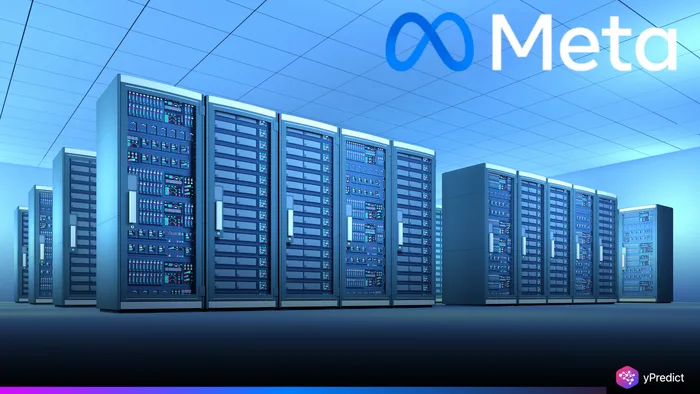
Meta’s CEO, Mark Zuckerberg, just announced an enormous commitment to AI infrastructure by committing hundreds of billions of dollars to research the next level of artificial intelligence, superintelligence. One challenge he faced was that Meta was building multiple multi-gigawatt AI data centers, capable of running massive models that could represent vastly more powerful superintelligences than humans can compete with for any task. Zuck made it crystal clear with investments like this that Meta will be a leader in advanced AI technology, despite Google and OpenAI receiving press for leadership.
The scale and ambition of Meta’s AI expansion are staggering. One of its upcoming AI superclusters will reportedly rival the physical size of Manhattan. These colossal facilities are being developed under a newly formed unit called Superintelligence Labs. Meta believes this division will become the core of its long-term AI strategy, driving future products like its Meta AI assistant, image-to-video ad tools, and smart glasses.
Inside Meta’s Multi-Billion Dollar AI Infrastructure Strategy
Zuckerberg revealed that Meta’s first multi-gigawatt AI data center, named Prometheus, will be operational by 2026. Another site, Hyperion, is designed to scale up to five gigawatts, placing Meta ahead of other AI labs in infrastructure capacity. Industry insiders expect Meta to become the first company to bring a gigawatt-plus AI supercluster online.
In his Threads post, Zuckerberg emphasized the company’s financial strength, stating, “We have the capital from our business to do this.” With $165 billion in revenue last year and a strong advertising business, Meta is funding this ambitious project without relying on external sources. The company raised its 2025 capital expenditure forecast to between $64 billion and $72 billion earlier this year to support the expansion.
Superintelligence Labs Will Lead Meta’s Next AI Breakthroughs
Meta recently reorganized its AI divisions into a unified group called Superintelligence Labs. This team includes top tech leaders like Alexandr Wang, former CEO of Scale AI, and ex-GitHub head Nat Friedman. Meta had earlier invested $14.3 billion in Scale AI, further cementing its ambition to dominate in advanced AI.
The lab will focus on building new AI tools and possibly shifting away from its open-source Behemoth model. According to a report from The New York Times, the company may move toward a closed model to better compete with OpenAI’s GPT-4 and Google’s Gemini. The strategic reshuffling highlights Meta’s willingness to adapt and lead the race toward superintelligence.
Aggressive Talent Acquisition Fuels Meta’s AI Ambitions
In recent months, Zuckerberg has personally spearheaded a campaign to recruit top AI engineers and researchers. The talent war includes generous compensation packages and access to unmatched infrastructure. Meta’s leadership believes that having the best minds and the best machines is key to long-term dominance in superintelligence.
Analysts agree. D.A. Davidson’s Gil Luria noted that while Meta’s AI tools have already improved ad revenue, this massive investment is focused on gaining a future edge in AI innovation. “At this scale, the investment is more oriented to the long-term competition,” Luria said.
Will Meta’s AI Push Pay Off? Investors Still Cautious
Despite the bold plans, investor sentiment remains mixed. Some worry the massive capital outlay might take years to generate returns. However, Meta insists that the AI infrastructure is already paying dividends in its core business. Meta’s stock is up more than 20% in 2025, supported by strong ad revenues and growing investor confidence in AI.
The company believes its AI data centers and Superintelligence Labs will eventually unlock entirely new revenue streams. With ongoing innovation in Meta’s smart glasses and its Meta AI app, the long-term potential of these superclusters could redefine the company’s role in the future of tech.






